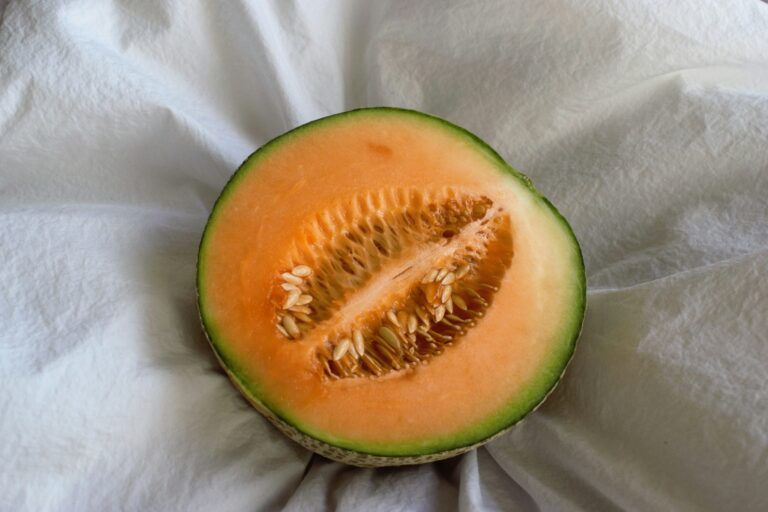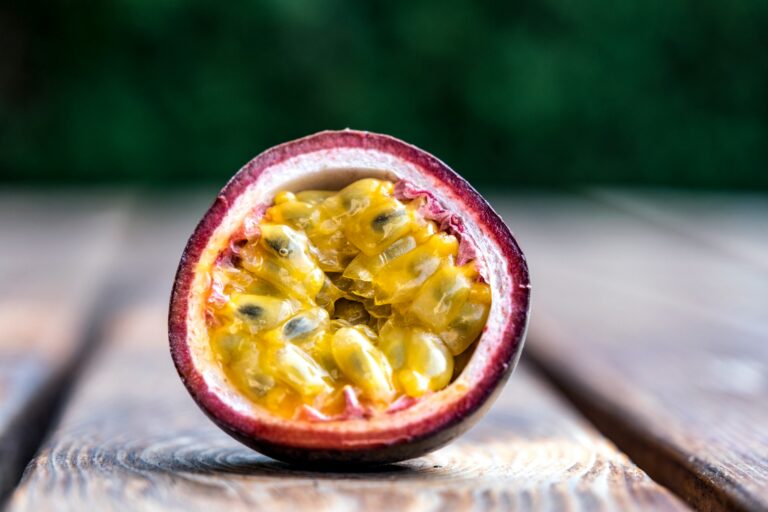The scientific name of clementine is Citrus clementina. It is a citrus fruit hybrid between mandarin orange and a sweet orange. Many other names are given to mandarin types, such as sweetclem, easy-peeler, Clemcott, and so on. Clementine is believed to have originated as a hybrid in Algeria. Clementine originated in China thousands of years ago as a variation of what today is called Mandarin orange.
Color: The color of a clementine is deep orange with a smooth, glossy appearance. They are typically juicy.
Shape: They are small, almost perfectly round citrus fruits. They are small orange varieties.
Size: Clementines are roughly the size of a golf ball, with a diameter of about 3 to 5 inches.
Flavor: They are sweet with less acidity than oranges. They are sweet and tangy, contain no seeds, and are recognized by their loose, bright orange skin.
Nutrients
Clementine is good to eat as it contains a lot of super and powerful nutrients, as well as a high content of vitamin C. One hundred grams of Celementine contains the following beneficial nutrients:
- Calories 47
- Total fat 0.2 g
- Sodium 1 mg
- Total carbohydrate 12 g
- Vitamin C 81% of the daily value
- Vitamin B6 5% of the daily value
- Potassium 177 mg
- Sugar 9 g
- Dietary fiber 1.7 g
- Protein 0.9 g
- Calcium 3% of the daily value
- Magnesium 2% of the daily value
| How to grow Clementine? |
Health Benefits of Clementine
Clementine is a type of mandarin. They are a good source of nutrients such as Vitamin C and potassium. It has anti-cancer, anti-inflammatory, and anti-allergic properties.
Boost skin health
Clementines are rich in vitamin C, which can improve skin health in a number of ways. Your skin naturally contains large amounts of vitamin C, as this vitamin aids the synthesis of collagen, the protein complex that gives your skin its firmness and plumpness. Getting plenty of vitamin C in your diet can help to get enough collagen to keep your skin looking healthy.
Rich in antioxidants
Clementine is rich in antioxidants, which help to prevent cellular damage and reduce inflammation that are caused by free radicals. Such antioxidants can also play a role in preventing type 2 diabetes, heart disease, and many other conditions. These fruits contain a number of other citrus antioxidants, including hesperidin, narirutin, and beta carotene.
Improves Digestive health
A single clementine contains 1 gram of fiber, an impressive amount given the fruit’s low calorie count. A diet higher in fiber helps to pass the stools easily. The vitamin C in clementine also promotes healthy digestion. Hydrochloric acid also fights viruses and bacteria in your stomach, which helps to reduce the risk of infection.
Increase your Fiber intake
One clementine contains just 1 gram of fiber; snacking on a few throughout the day is an easy and delicious way to boost your fiber intake. Fruit fiber serves as food for the good bacteria in your gut. It also adds up and softens your stool to decrease constipation, potentially preventing conditions like diverticular disease, which can occur if digested food gets trapped in the digestive tract. Fruit fiber may also help lower your cholesterol levels by binding with dietary cholesterol and preventing its absorption into your bloodstream.
FAQ’s
What are the side effects of clementine?
Clementines are generally safe to consume, but some individuals may experience side effects like gastrointestinal upset, including nausea, vomiting, diarrhea, or stomach cramps. Allergic reactions, including itching, hives, or anaphylaxis, are possible in rare cases, particularly for those with citrus allergies. Additionally, clementines can interact with certain medications, such as statins, so consulting with a healthcare provider is recommended, especially if taking any medications.
Are clementines a superfood?
Yes, clementines can be considered a superfood due to their high vitamin C content and other beneficial nutrients. They are a great source of antioxidants, fiber, and vitamin A precursors, contributing to overall health and well-being.
Can I eat a Clementine every day?
Yes, it’s generally fine to eat a Clementine every day. Clementines are a healthy and nutritious fruit, and they are a good source of vitamin C. In fact, some articles like the one on AOL.com suggest that eating 2-3 per day can be a great way to meet your daily vitamin C needs.






